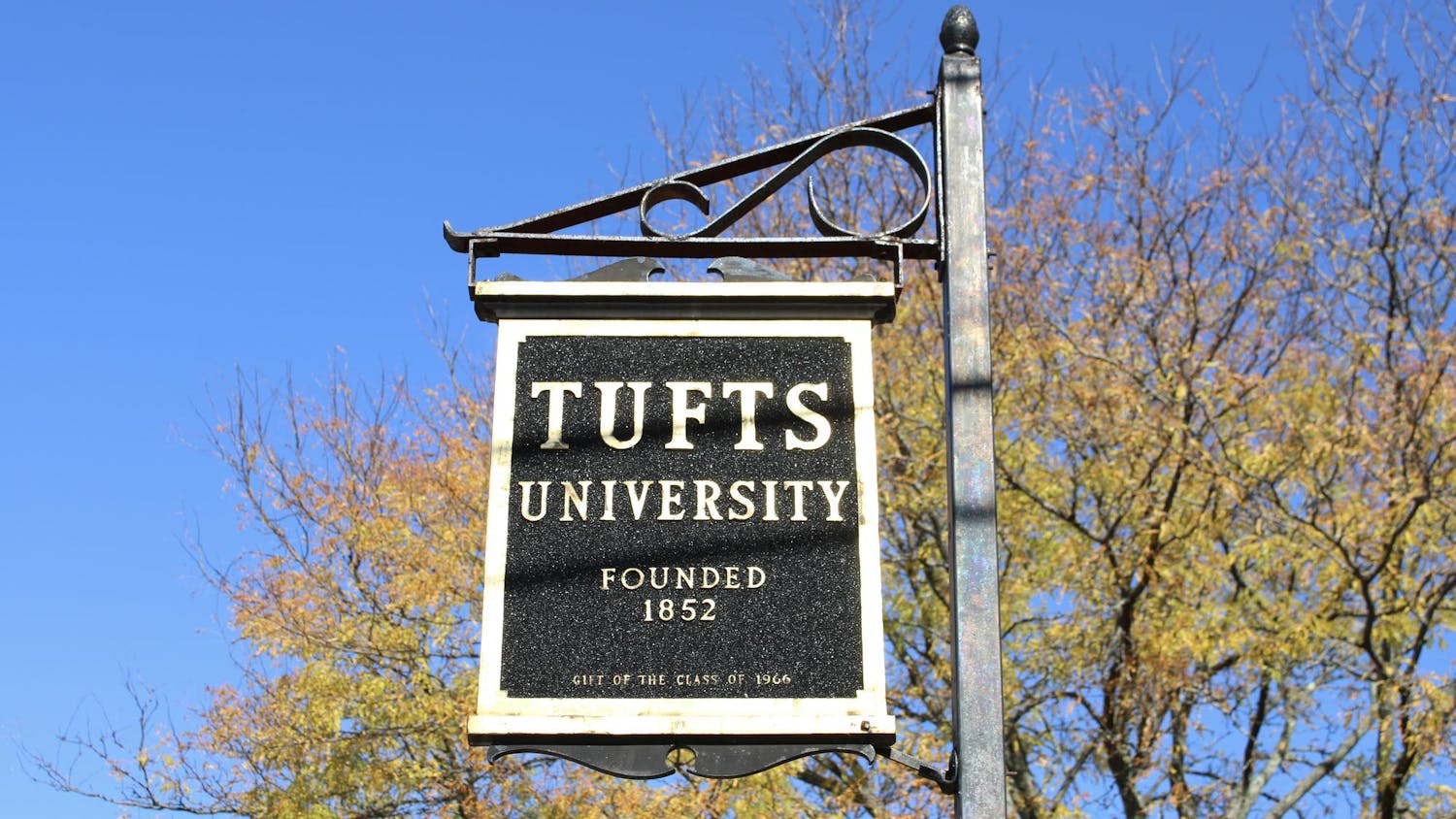Dear fellow students,
The political and financial challenges we face at Tufts are consequences of years of administrative insensitivity to community needs and a lack of transparency at the highest levels. The housing crisis we face today is the direct result of poor administrative decision making. Yearly tuition hikes and enrollment increases prioritize long-term development goals over current community well-being. Price gouging and poor treatment of workers by Tufts Dining are results of bottom-line focused bureaucracy. While we often address each issue with a different student organization or petition, the root cause is the same: opaque leadership by our administrators and trustees.
In 2008, Tufts lost $20 million to Bernie Madoff’s Ponzi scheme. Despite “widespread allegations from the financial sector that the former Nasdaq chief’s numbers were simply too good to be true,” as the Daily noted in 2008, Tufts invested in the fund, and claimed to have acted in an appropriate manner. It’s unlikely that Tufts' research was too extensive. Researchers had raised numerous red flags, including evidence that invested assets were insufficient to generate reported income. Madoff ran his firm with such secrecy that he asked everyone, including his investors, to stay silent. It’s easy to see why. Tufts suffered enormously from opaque and risky decision-making. The financial crisis pinched our university harder than it did other institutions in part because of the Madoff scandal, and the effects echo today.
Long-term institutional growth and stability are not at odds with community well-being now, but when our administrators and trustees face these challenges alone, without transparency and student input, results become decidedly skewed.
To state the obvious, the trustees have the best interests of Tufts at heart. When I spoke to Tufts Community Union Trustee Representative Noah Weinflash by email, he made a point of it, stating that trustees are “cognizant of the strain of tuition hikes, tiered housing, etc.” However, Weinflash noted that by "looking at the numbers in the budget and seeing the necessity for new revenue, [more than] actually talking with students and being aware of the mood on campus,” trustees prioritize what they see as pragmatic.
“Part of this can be solved with more transparency. I don't think the … trustees are opposed at all to student voice — they value it highly. But as a result of a lack of transparency, many things students push for are seen as pragmatically inviable by trustees,” Weinflash said.
Opacity in leadership fosters insensitive decision-making, and as we face the housing crisis, tuition hikes, and issues of fairness and equity on campus, it’s important to recognize that these are all symptoms of an even larger problem. Our trustees care about Tufts, but we do, too. They are invested with the power to direct our lives, but we are invested in our lives, and we should demand trust and cooperation in return. I agree with Weinflash that transparency can put us on a path to resolving many of our challenges, including issues with housing, dining and human rights which I will address in the next several columns.
We should repeal opacity, and replace it with cooperative transparency and trust. I propose this to the Board.
Sincerely,
Tys





